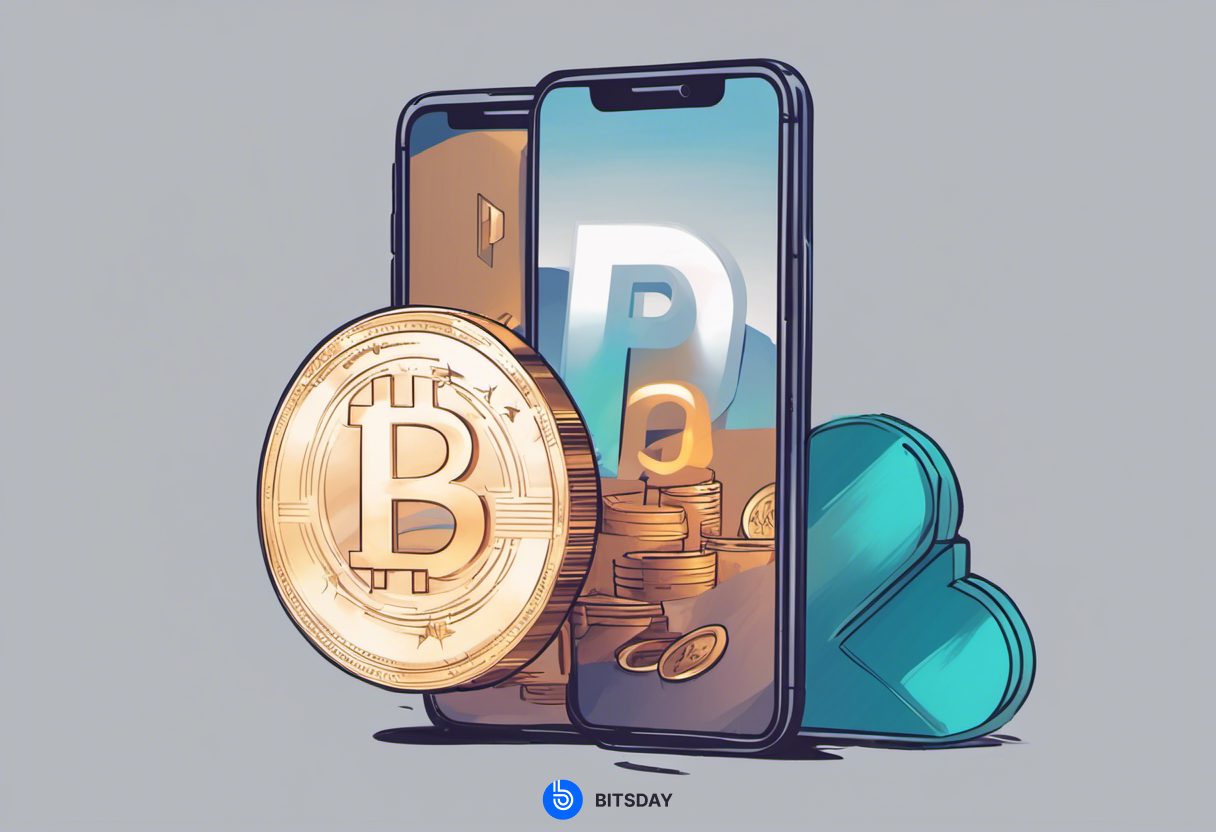- Home
- Latest News
- Assessing PayPal's Stablecoin Aspirations: Insights from Tether's Co-Founder
Assessing PayPal's Stablecoin Aspirations: Insights from Tether's Co-Founder

William Quigley, a pioneer in the Tether project and an early investor in PayPal, expressed skepticism regarding PayPal's potential for groundbreaking innovation in the stablecoin arena.
Quigley, who co-founded Tether, views privately issued stablecoins as beneficial to society, but he believes PayPal's recent entry with the PYUSD token is unlikely to usher in significant innovations. He suggested that PayPal's primary motive is likely centered around cost savings, particularly in handling vast volumes of multicurrency transactions.
In the stablecoin realm, Tether (USDT) holds a dominant position, being the largest and most liquid dollar-pegged token, followed by Circle's USD Coin (USDC). However, given PayPal's extensive user base numbering in the hundreds of millions worldwide, there's potential for the payments giant to disrupt the stablecoin landscape.
Quigley, who parted ways with Tether in 2015 and was an early PayPal investor (though he no longer holds any stock in the company), disclosed that PayPal had been exploring stablecoins for nearly a decade. The driving force behind this endeavor was the potential savings stemming from the multitude of multicurrency transactions conducted by millions of PayPal users.
The traditional payments landscape involves various financial intermediaries, each extracting fees for their services. Creating a stablecoin entails PayPal acquiring a basket of currencies and holding them in banks worldwide. Once PayPal tokenizes these currencies based on the bank deposits, it establishes a private, multicurrency monetary system independent of the global banking network and free from third-party fees.
This means that when an American customer with dollars buys from a German merchant who requires euros, PayPal doesn't need to involve a financial institution to settle the transaction. This is because PayPal already possesses both currencies.
Quigley explained, "All transactions are now done on its private blockchain outside of the Visa network and the banking system. There are no financial intermediaries anymore – just PayPal. There is no third-party FX intermediary taking margin because real currency is not being swapped. It’s just one token being exchanged for another. There’s no FX or interchange fee."
Regarding PayPal's approach to fees in this context, Quigley pointed out two options. PayPal could opt to retain the currency conversion fees it charges consumers and merchants, even though it no longer incurs those fees, thereby keeping 100% of those profits. Alternatively, PayPal could choose to do away with the currency conversion charges and reduce overall cross-border transaction costs for its customers.
Quigley also reflected on the unforeseen success of Tether, which he initially viewed as a charitable contribution to the open-source blockchain community. At the project's outset, the notion of accumulating $500 million in deposits seemed improbable, especially considering the prevailing near-zero interest rates. However, the project's current market cap stands at around $80 billion, according to CoinMarketCap data.

Trending



Press Releases

Deep Dives







